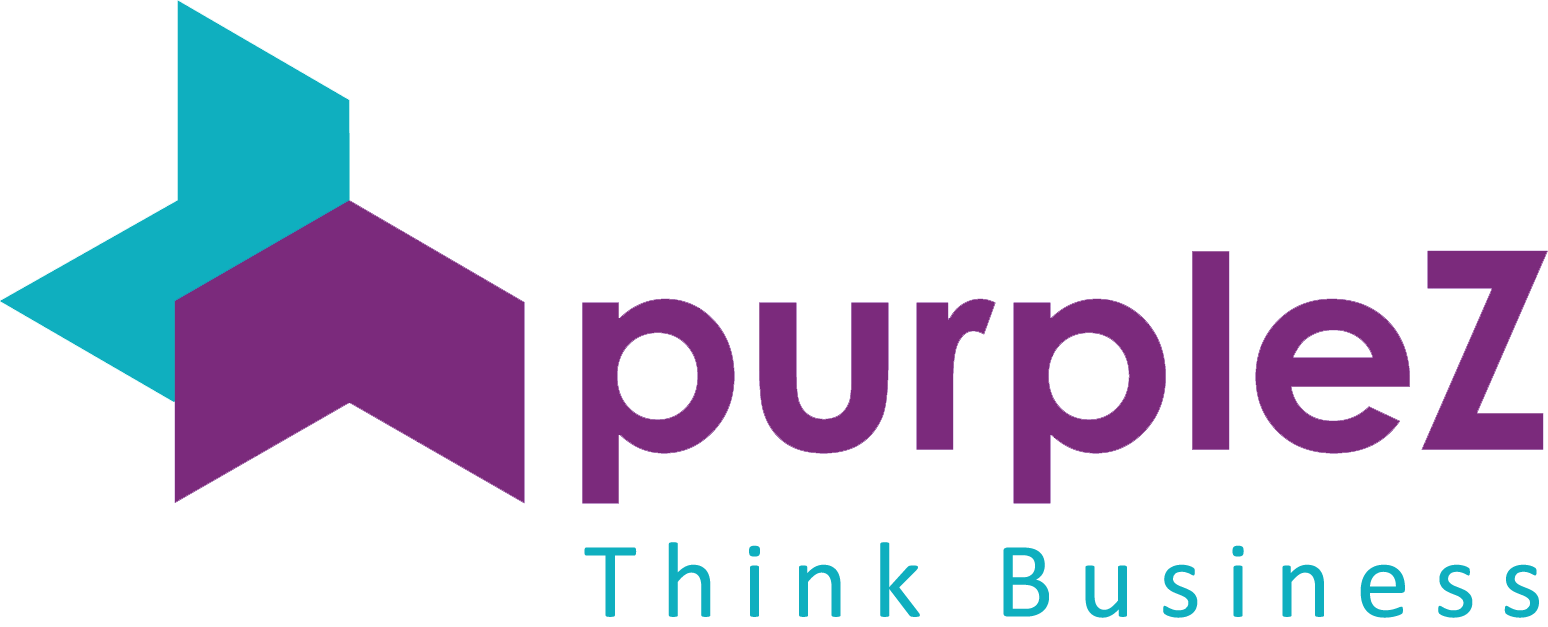Contents
SEO is essential for contractors who want to expand their clientele and grow their internet businesses. Having a strong SEO strategy can help differentiate your company from rivals as more customers use the internet to search local services.
In this guide by PurpleZ , we’ll cover important topics like keyword research, on-page optimization, link building, local SEO, social media marketing, analytics, and common mistakes to avoid.
Whether you’re new to SEO or looking to improve your existing efforts, this guide contains actionable tips and strategies to help improve your website’s visibility and traffic.
Keyword Research
Keyword research is the most important step in SEO for contractors. The keywords you target will determine your organic search visibility and traffic. Here are some tips for researching and selecting the right keywords:
- You should concentrate on long-tail keywords that are unique to your service region and areas of expertise, such as “plumber Baltimore MD” or “HVAC installation Milwaukee.” Even if there is less competition, long-tail keywords still get searches.
- Use SEMrush, or Ahrefs to view search volume information and come up with keyword ideas. Seek out terms that have a respectable search traffic yet little competition.
- Map your top keywords to pages on your site. Ensure each page targets a primary keyword and includes secondary long-tail variations.
- Build keyword-optimized pages that answer searcher intent for your target terms. Include the keywords naturally in titles, headers, content, URLs, etc.
- Track keyword rankings and search traffic over time to see which terms drive results and refine as needed.
- Expand beyond service keywords to include related informational terms like “how to unclog a drain” or “signs your AC needs repair.” These informational queries bring in traffic.
- Include location names in keywords whenever relevant. “Plumber Portland OR” will outperform just “plumber” for a Portland business.
A solid keyword research strategy is the cornerstone of a successful SEO plan for contractors. Identifying and targeting the right keywords for your services will maximize your visibility and capture more of your local market.
On-page Optimization
On-page optimization refers to factors on your website that you have direct control over. These components aid search engines in comprehending your pages and evaluating how relevant they are to a user’s query. Some key on-page optimization factors for contractors include:
Titles and Headings
- The title tag and H1 heading should contain your target keyword(s) and compellingly summarize the page’s focus.
- Use heading tags like H2, H3, etc., to break up content into logical sections and incorporate keywords.
- Don’t keyword stuff – headlines should read naturally.
Meta Description
- Craft a meta description of 155-160 characters that describe the page’s content and includes keywords
- This snippet displays in search results, so make it compelling to click
Content
- Focus your content around the topic the page is optimizing for, using keywords naturally
- Include related terms, synonyms, and questions people may search
- Break content into short paragraphs for immobility
- Use lists, images, videos, etc., to enhance the content
Media
- Optimize images with descriptive alt text and file names containing keywords
- Videos can rank in video search results – incorporate keywords in titles, descriptions, and captions
- Ensure media is high-quality and supports the page’s purpose
You can assist search engines better understand the structure and content of your website and raise your website’s ranks for your target keywords by optimizing these components for each page. Conduct ongoing optimization as you add new pages and content over time.
Technical SEO
Technical SEO involves improving the backend components of your website to grow its search rankings and enhance user experience. As a contractor, focusing on technical SEO best practices should be a top priority.
Site Speed
One of the most important ranking factors for Google and other search engines is site speed. Poor user experience and high bounce rates are caused by slow load times.There are various ways contractors can optimize site speed:
- Enable caching plugins like WP Rocket to serve pages faster.
- Compress images and media files.
- Minimize HTTP requests by combining files/scripts.
- Upgrade to a faster web hosting plan.
- Defer offscreen/non-critical elements.
- Optimize code to reduce page weight.
Mobile Optimization
Having a flexible, mobile-friendly website is crucial since an increasing number of searches are coming from mobile devices. Ensure your site is mobile-optimized:
- Use a responsive layout/theme.
- Size content appropriately for mobile screens
- Avoid interstitials and pop-ups.
- Optimize load times for mobile.
- Implement Accelerated Mobile Pages (AMP)
Structured Data
Adding schema markup and structured data makes it easier for Google to understand your content. Relevant schema can enhance search appearance. Prioritize these for contractors:
- Business name, address, and contact info (Organization schema)
- Business type, services, area served (LocalBusiness schema)
- Review snippets (Review schema)
- FAQs (FAQPage schema)
- Projects, images, and descriptions (Project schema)
XML Sitemap
An XML sitemap helps search engines discover new and updated content on your site. Generate and submit an XML sitemap and update it frequently as you publish new content.
Link Building
Building links is essential to SEO success because they tell Google that your website is trustworthy and valuable. Here are some of the top link-building strategies for contractors in 2024:
Guest Posting
- Find websites that allow guest contributions in your business, such as respectable blogs, trade magazines, and local news sources. Verify their traffic and domain authority.
- Pitch relevant article ideas and include samples of your writing. Focus on providing value to their audience.
- Include 1-2 relevant backlinks to your site within the article, but keep your time optimizing. Write naturally.
- To increase traffic, share your guest posts on social media.
Outreach
- Make a list of websites you’d like to be featured on for a backlink. Prioritize ones with authority and relevant audience.
- Send personalized emails pitching content partnerships, such as including their content in a roundup or linking to their resources.
- Offer to create custom content, like an infographic or stats from a survey, that they can publish with a backlink to you.
- Follow up politely if there is no response. Consider offering something of value for free in exchange for a link.
Industry Directories
- Get listed on niche industry directories related to your services. Many will allow you to include backlinks.
- Create robust directory profiles with photos, service details, and optimized descriptions.
- To establish trust, nudge clients to post favourable reviews on directory profiles.
Local Organization Profiles
- Update online profiles for local chapters of organizations like the Chamber of Commerce.
- Get involved locally and sponsor events or volunteer to increase your chances of getting linked from their website.
- If you hold any licenses or certifications, check if the providers list businesses on their sites.
The key is focusing on backlinks from reputable, relevant sites that help build trust and authority. Prioritize quality over quantity.
Local SEO
In order to draw clients within their city or region, service-area businesses such as contractors need to prioritize local search engine optimization, or SEO.
To rank well locally, contractors need to focus on the following:
Optimizing for Local Search
- Include your service area, city, or region on your website. Display the areas you serve on the homepage or a dedicated service area page.
- Ensure your business name, address, and phone number are easy to find on your site. These are known as NAP (name, address, phone) citations.
- Use location keywords throughout your site content. Mention the cities and neighborhoods you serve.
- Create unique, localized website content focused on your service area. Write blog posts about contractor issues specific to your region.
Google My Business
- Claim and verify your Google Business listing. This profiles your business on Google and gives you access to insights.
- Fill out your Google local listing completely – description, photos, services, hours, etc. This gives customers the info they need.
- Encourage customer reviews. These build trust and social proof. Respond professionally to any negative reviews.
- Use Google posts to share news, offers, and photos to engage followers. This helps keep your listing active and fresh.
Local Citations
- Register your business on 50+ relevant local citation sites like Yelp, Yellowpages, Manta, etc. Match your NAP details exactly.
- Citations help reinforce you as a legitimate local business. But focus on quality sites relevant to contractors in your region.
- Listings on industry-specific directories are also impactful. For contractors, Angie’s List, Home Advisor, and Houzz have influence.
Reviews
- Reviews on Google, Facebook, and industry sites provide crucial social proof and build trust. Prioritize getting more 5-star reviews.
- Follow up with happy customers and offer incentives in exchange for reviews. But don’t pay for fake positive reviews, which can penalize you.
- Respond professionally to negative reviews and seek to resolve the issue. This shows customers you care.
You may customize your online presence and improve your search engine ranking in your contractor service area by using this all-inclusive local SEO strategy.
Social Media
Social media is an extremely important part of SEO for contractors. Done correctly, it can help generate leads, build your brand, and improve your website’s search rankings. Here are some tips for using social media effectively:
Leverage Social for SEO
- Link to your website from social profiles
- Share your new blog posts and other content
- Use keywords in posts when relevant
- Interact with your viewers by answering their questions and comments.
This makes it easier for search engines to determine how popular and valuable your content and website are.
Optimize Social Profiles
- Fill out profile info like location, services, bio, etc.
- Ensure profile photo and cover image are high-quality
- Include keywords contractors would search for
This makes it easy for your ideal customers to find and learn about your business.
Post Valuable Content
- Share photos/videos of your work
- Give tips and advice to homeowners
- Post about your latest projects
- Share industry news and trends
Quality content will attract more followers and engagement.
- Research hashtags people search for in your industry
- Add a few appropriate hashtags to every post
- Create your own branded hashtags
Hashtags expand your reach to people outside your followers.
Engage with Followers
- Like and reply to comments on your posts
- Respond to messages and inquiries
- Follow back people in your niche
Being social on social media helps build relationships with potential customers.
By leveraging social media effectively, contractors can boost their SEO efforts and overall marketing strategy. Just remember to keep it professional and provide value to your audience.
Analytics & Tracking
Tracking and measuring your SEO efforts is crucial to determine what’s working and needs improvement. For contractors trying to do better at SEO, Google Analytics and Google Search Console offer priceless information.
Use Google Analytics to:
- See overall website traffic and engagement metrics like pages per session, bounce rate, etc. This helps determine whether your SEO efforts are attracting more site visitors.
- View traffic sources to see the percentage of visitors coming from organic search vs other channels. Growing organic traffic indicates improving SEO.
- Analyze landing pages to see which pages visitors enter your site from. Optimizing pages that rank well can further increase organic traffic.
- Track goals and conversions to see if your SEO leads to contact form submissions, calls, or other desired actions. This shows the real business value of SEO.
Leverage Google Search Console to:
- See how your pages rank for target keywords and which ones drive traffic. Focus SEO optimization on ranking better for valuable keywords.
- Identify indexing issues if pages need to be crawled or indexed properly. Fix technical problems to improve SEO.
- Check clickthrough rates on search results to optimize titles and meta descriptions. Higher CTRs generally lead to better rankings.
- See errors like mobile usability issues. Fix them to improve user experience.
- Submit sitemaps and request indexing of new content to get it ranking faster.
Combining data from Search Console with Google Analytics offers rich insights into your SEO performance and areas for development. Dedicate time each month to reviewing reports and taking action on the findings.
Common Mistakes to Avoid
SEO can seem intimidating for contractors who are new to it. However, avoiding some common mistakes will help ensure your efforts are successful. Here are some of the biggest errors to steer clear of:
Keyword Stuffing
One of the quickest ways to get your page penalized by search engines is to load it with keywords. Google is smart enough to detect when keywords are unnaturally repeated or forced into content. Use your target keywords naturally throughout your pages instead of trying to stuff them in.
Thin Content
Creating pages with bare minimum content is another red flag for search engines. Each page should contain lengthy, high-quality information that would satisfy users. Avoid overly short or duplicate content across pages.
Broken Links
Having dead links on your site frustrates visitors and hurts SEO. Check regularly to fix broken links by redirecting or removing them altogether. Update or remove outdated content that links may be pointing to as well.
Ignoring Mobile
With more users turning to smartphones, a non-mobile-friendly site can significantly impact your traffic and rankings. Optimize your site for mobile, ensuring fast load times, readable content, and a streamlined design.
By avoiding basic errors like these, contractors can set their SEO efforts up for success and avoid easily preventable penalties. Above all else, focus on providing a great user experience.
FAQs
Here are your most asked questions:
Why Is SEO Important for Contractors in 2024?
SEO is crucial for contractors as it helps improve online visibility, attract targeted traffic, and generate more leads. In the digital age of 2024, most consumers turn to search engines to find local services, making SEO an essential tool for contractors to stand out in a competitive market.
What Are the Key SEO Strategies for Contractors?
Key strategies include optimizing website content for relevant keywords, ensuring the website is mobile-friendly, improving site speed, securing quality backlinks, and managing local listings and reviews on platforms like Google My Business.
How Can Contractors Improve Their Local SEO?
Improving local SEO involves optimizing Google My Business listings, acquiring local backlinks, leveraging local keywords in website content, and encouraging satisfied clients to leave positive online reviews. It’s also vital to ensure NAP (Name, Address, Phone Number) consistency across the web.
What Role Does Content Play in SEO for Contractors?
Content plays a pivotal role by providing valuable information that addresses potential clients’ needs. High-quality, keyword-optimized, and engaging content can help attract and retain website visitors, support link-building efforts, and establish the contractor’s authority in their industry.
Conclusion
Contractors must stay up to speed with the most recent algorithm changes and best practices in SEO, as it is a constantly changing process. Contractors can get a big competitive advantage by using the tactics in this book to get more qualified leads.
Here are some key takeaways:
- Focus on optimizing your website for keywords your ideal customers are searching for. Conduct ongoing keyword research to identify high-value terms.
- Provide informative, timely, and visually appealing information for search engines. Media such as photos, videos, and blog articles can improve your ranking for relevant keywords.
- Optimize on-page elements like titles, headers, meta descriptions, alt text, and content. Ensure they contain targeted keywords where appropriate.
- Improve technical SEO by optimizing site speed, fixing errors, improving accessibility, and more. This strengthens your foundation.
- Build high-quality backlinks from industry websites. Prioritize contextual links over general links.
- Leverage local SEO to rank in map packs and drive foot traffic. Optimize Google My Business and create location-based content.
- Be active on social media and optimize profiles to drive referral traffic. Engage with customers online.
- Track rankings, traffic, leads, and sales. Continuously test and refine efforts based on performance data.
- Avoid shady tactics like keyword stuffing, thin content, and link schemes. Focus on value for searchers.
The SEO landscape will continue to evolve, but contractors who stay dedicated to ethical, customer-focused SEO practices will maintain an edge. Use this guide as a roadmap for SEO success in 2024 and beyond. If you happen to look for expert SEO specialists as a contractor, then all you need to do is get in touch with PurpleZ marketing agency in OC. Just click here to schedule a free consultation!








